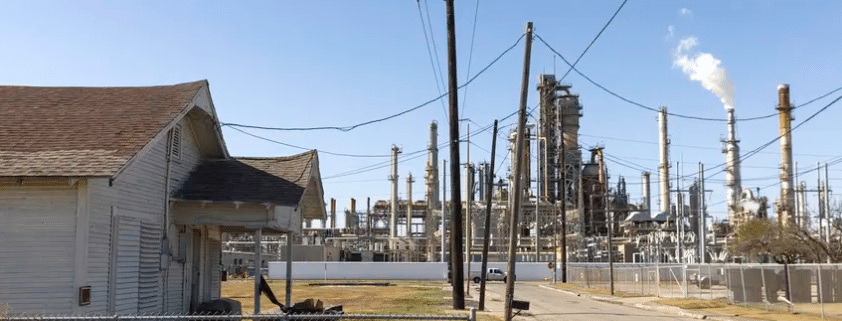Texas Republicans want to shield oil and gas from federal climate regulations. Their bill would have little impact, experts say.
Texas could soon have a new law based on the federal regulations code on climate. It aims to make the state a sort of safe haven for the oil and gas industry. It is by shielding it from federal climate and environmental regulation. But experts say the measure would do little to change environmental enforcement in Texas. It would be more symbolic than anything.
Texas Republicans in both chambers have supported House Bill 33. It was authored by state Rep. Brooks Landgraf, R-Odessa. Moreover, it is as a way to ward off federal climate rules under President Joe Biden. They pledged that the U.S. would cut its greenhouse gas emissions in half by 2030. This is just among other goals to slow climate change. The president’s climate agenda has been viewed by many Texas Republicans as disastrous. Mainly for the nation’s biggest oil and gas state.
HB 33
HB 33, which was approved by the House before being altered by a Senate committee. It seeks to shelter the industry from what Republicans have called “federal overreach”. This will be done by barring state agencies from enforcing federal regulations on oil and gas operations. This is if those regulations do not exist under Texas law. Texas lawmakers used a similar approach in 2021. It is when they passed a law to make Texas a “Second Amendment sanctuary state.”
The language is similar to a bill proposed in Louisiana two years ago that would have made it a “fossil fuel sanctuary state.”
When the Environmental Protection Agency creates a new rule, states can decide whether they’ll enforce it or leave that to the EPA. Typically, Texas agencies have opted to enforce federal rules themselves — for example, the EPA delegates its authority to enforce many rules under the Clean Air Act to Texas. The State Railroad Commission, which regulates the oil industry in Texas, is currently seeking authority from the EPA to regulate carbon dioxide wells for geological storage, known as carbon sequestration.
Click here to read the full article
Source: The Texas Tribune
If you have further questions about the topic related to oil and gas federal regulations code, feel free to contact us here.




Leave a Reply
Want to join the discussion?Feel free to contribute!